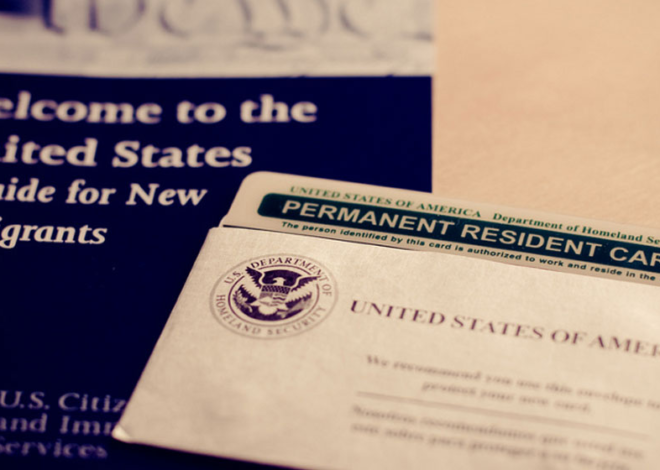
Top 5 Tips to Manage Stress and Anxiety
Feeling overwhelmed by stress and anxiety? You’re not alone. In today’s fast-paced world, it’s comparatively easy to get bogged down by deadlines, responsibilities, and constant stimulation. Not only this but sometimes our relationship with people around us including our loved ones can deteriorate causing severe anxiety and stress.
But the good news is, there are effective strategies to manage these feelings and reclaim your sense of calm. Here are the top 5 tips to help you combat stress and anxiety:
Tips to Manage Stress and Anxiety
Let’s begin:
1. Embrace Mindfulness and Deep Breathing:
Our bodies react to anxiety with a “fight-or-flight” response, releasing hormones that fasten our heart rate and breathing. Mindfulness practices and deep breathing strategies are powerful tools to counteract this response and boost relaxation.
- Mindfulness: Mindfulness involves focusing your awareness on the current moment without judgment. Strategies like meditation or simply focusing on your breath can help quiet racing thoughts and reduce anxiety. Many free guided meditations are available online or through apps. Make sure to check the top-rated ones.
- Deep Breathing: Deep breathing exercises slow your heart rate and activate the body’s relaxation response. Try an easy technique like “4-7-8 breathing”: inhale for 4 seconds, hold for 7 seconds, and exhale slowly for 7-8 seconds. Repeat this cycle for a few minutes to sense calmness.
2. Move Your Body and Prioritize Sleep:
Physical activity is a natural stress reliever. Exercise releases hormones called endorphins, which have mood-boosting effects and can assist you manage anxiety. Aim for at least half an hour of moderate-intensity exercise at least five times a week.
- Find Activities You Enjoy: From brisk walks and dancing to yoga and swimming, there is an exercise for everyone. Opt for activities you find fun and can stick with long-term rather than doing for a few days and quitting.
- Prioritize Sleep: When you’re sleep-deprived, your body’s stress response is more sensitive. Aim for 7-8 hours of quality sleep every night. Build a relaxing bedtime routine and develop a sleep-conducive environment by keeping your bedroom dark, quiet, and cool.
3. Fuel Your Body with Nourishing Foods:
The diet you consume directly impacts your mood and stamina levels. Opt for a balanced diet rich in fruits, vegetables, whole grains, and lean protein. Moreover, limit processed foods, avoid sugary drinks, and excessive caffeine, as these can trigger anxiety.
- Stay Hydrated: Dehydration can also add to feelings of anxiety. Make sure to consume plenty of water throughout the day. You must read How Much Water Should You Drink Daily? Experts Reveal
- Eat for Mood: Foods rich in B vitamins, magnesium, and omega-3 fatty acids have been related to promoting a healthy mood.
4. Limit Screen Time and Practice Connection:
Constant exposure to screens and social media can be one of the major reasons for stress. You need to set boundaries by limiting screen time throughout the day, especially before bed.
- Disconnect to Reconnect: Prioritize face-to-face interaction with your loved ones. Social connection is crucial for our well-being, and spending time with supporting people can act be a buffer to encounter stress and anxiety.
5. Identify Triggers and Learn
These tips and tricks are a great starting point but do not hesitate to seek professional help if your symptoms are severe or interrupt your daily life. An expert can provide personalized recommendations and support in developing effective coping mechanisms.
By weaving these strategies into your routine, you can competently manage stress and anxiety, leading to a more peaceful, happier, and healthier life.
Also, see:
How much did Pakistani freelancers earn during FY24?







